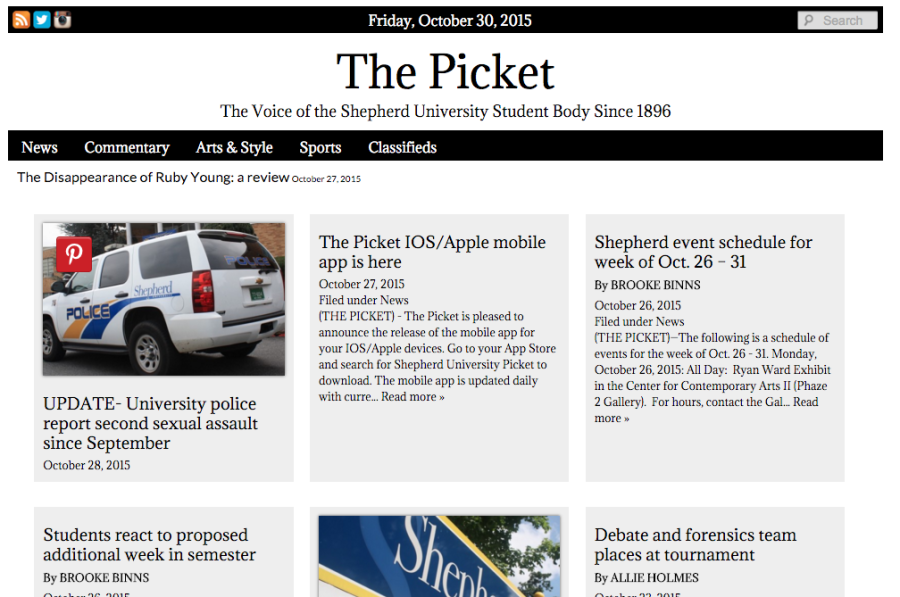(THE PICKET) – Temple University’s School of Media and Communication, aided by a $1.3 million donation from the John S. and James L. Knight Foundation, has set up a program to test new digital practices in print journalism.
Arlene Morgan, assistant dean at Temple’s School of Media and Communication, says the program is meant to move newspapers into a “dominant digital landscape,” meaning a transition to more digital content. This does not mean a complete abandonment of the print format, but a focus on “producing technically proficient stories” that use techniques such as graphics, timelines, video, and audio.
“I think it is essential for news organizations to embrace digital story telling because that is where the readers, for the most part, are landing in their search for news and information,” Morgan said. “Often when I am on public transportation I look for people who are reading newspapers. These days it’s down to a few at best but everyone is staring at their mobile phones. I read the Washington Post every day on my phone. A few years ago I doubt I would have even thought about doing that.” The Dallas Morning News, the Miami Herald, and the Philadelphia Media Network have signed up to be the first news organizations to participate in the Temple/ Knight Foundation program.
The Picket recently became a completely digital publication, moving all content to its website and scrapping the biweekly print edition. Morgan agrees with the decision to go online, arguing that it is the best way to reach the audience a college newspaper is trying to serve. “If you want to serve students you have to go where they are. And it’s on their phones,” she said.
Dow Benedict, dean of the school of Arts and Humanities at Shepherd University, argues that the expediency of publishing articles digitally is a major benefit of the Picket’s move.
“The way we were before, even when we were able to publish weekly, still the news in there was one week old, and one-week-old news, while still interesting to some people, for the most part is no longer relevant, it’s the distant enough past,” Benedict said.
He cited sports as a news stream that updates quickly and is poorly served by a weekly format. “Reading about a football game that’s a week old when you’re getting ready to play the next one is not something that serves its purpose well. So doing it as a digital publication… allows you to put news out there quicker, lets people know what’s going on quicker. And to me, all of that is good,” Benedict said.

